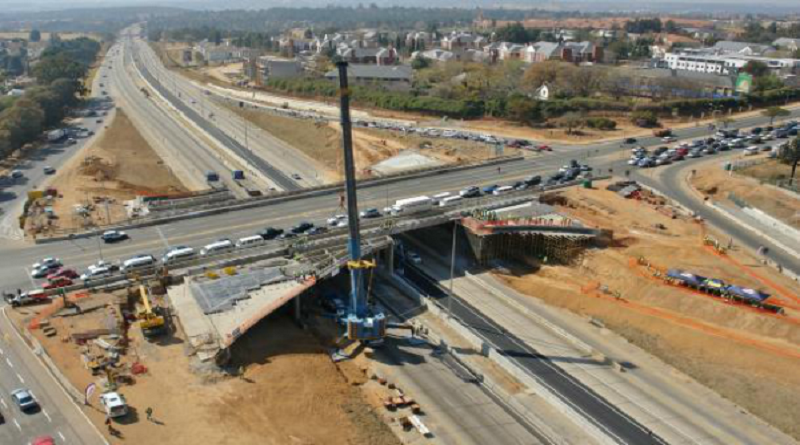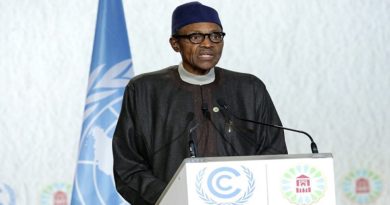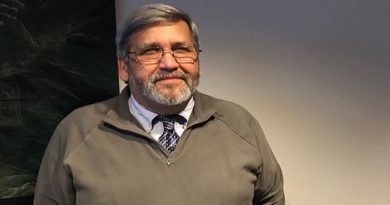Infrastructure governance to take centre stage at Cape Town meeting
Representatives of African governments, the global private sector, and international institutions, including the African Legal Support Facility (ALSF) and African Development Bank (AfDB), are meeting in Cape Town this week to participate in the region’s First Roundtable on the Governance of Infrastructure, hosted by the Development Bank of Southern Africa (DBSA). The topic takes centre stage as consensus develops globally that a major factor hindering infrastructure implementation is a lack of good governance.
Strong governance structures are critical to governments’ ability to deliver the infrastructure their communities need. When governments are better able to identify, develop, and coordinate their infrastructure pipeline, foreign and domestic project financing will flow. It is indisputably within the power of governments, the business community, and civil society to make this happen. There are many success stories in developing countries to prove it.
With the participation of over 120 delegates (including 11 cabinet ministers) and 27 Anglophone and Lusophone Sub-Saharan African countries, the event brings together senior decision-makers including Patrick Dlamini, CEO of DBSA; South Africa’s Finance Minister, Malusi Gigaba, Executive Secretary, South African Development Community (SADC), Stergomena Lawrence Tax; and Hartwig Schafer, Vice President of the World Bank.
The event is sponsored by the AfDB Group and the African Legal Support Facility, in collaboration with DBSA, European Investment Bank, Global Infrastructure Hub, Konrad Adenauer Stiftung, NEPAD-IPPF, OECD, PPIAF, and the World Bank Group.
The roundtable on ‘Building the Right Infrastructure for Tomorrow,’ will offer insights, new ideas, and solution-focused tools such as “InfraCompass” and the online preparation facility “Source” that help improve the governance of public investment in order to deliver essential services and goods—with direct and indirect benefits for the economy and society as a whole. This is the first of a series of roundtables about infrastructure governance that will be organized around the world in the months to come. The next roundtable in Sub-Saharan Africa is planned for May 2018.
In Sub-Saharan Africa, only 35 percent of the population has access to electricity. Access to modern transport has declined in the region over the past 20 years, and 23 percent of the population still lacks access to safe water.
The magnitude of these figures masks a more fundamental need. Good governance is essential to avoid white elephants, fraud, waste, and inefficiencies; it is critical to deliver sustainable, inclusive services that promote economic growth, innovation, and increase the quality of life for citizens. It is also paramount to attain the Sustainable Development Goals (SDGs).
The roundtable follows directly from the 2015 Addis Ababa Action Agenda on financing for development. It comes in response to the recommendations of the 2017 Global Infrastructure Forum, which called on multilateral development banks and partners to help strengthen the investment capacity, policy, and governance frameworks of governments and enhance private sector participation.
Discussion at the roundtable will be guided by this key question: Why is infrastructure hard to get right? Participants will focus on how to formulate a holistic vision for their infrastructure programs that anticipates the infrastructure needs of the present and the future—and provides inclusive, sustainable services.




